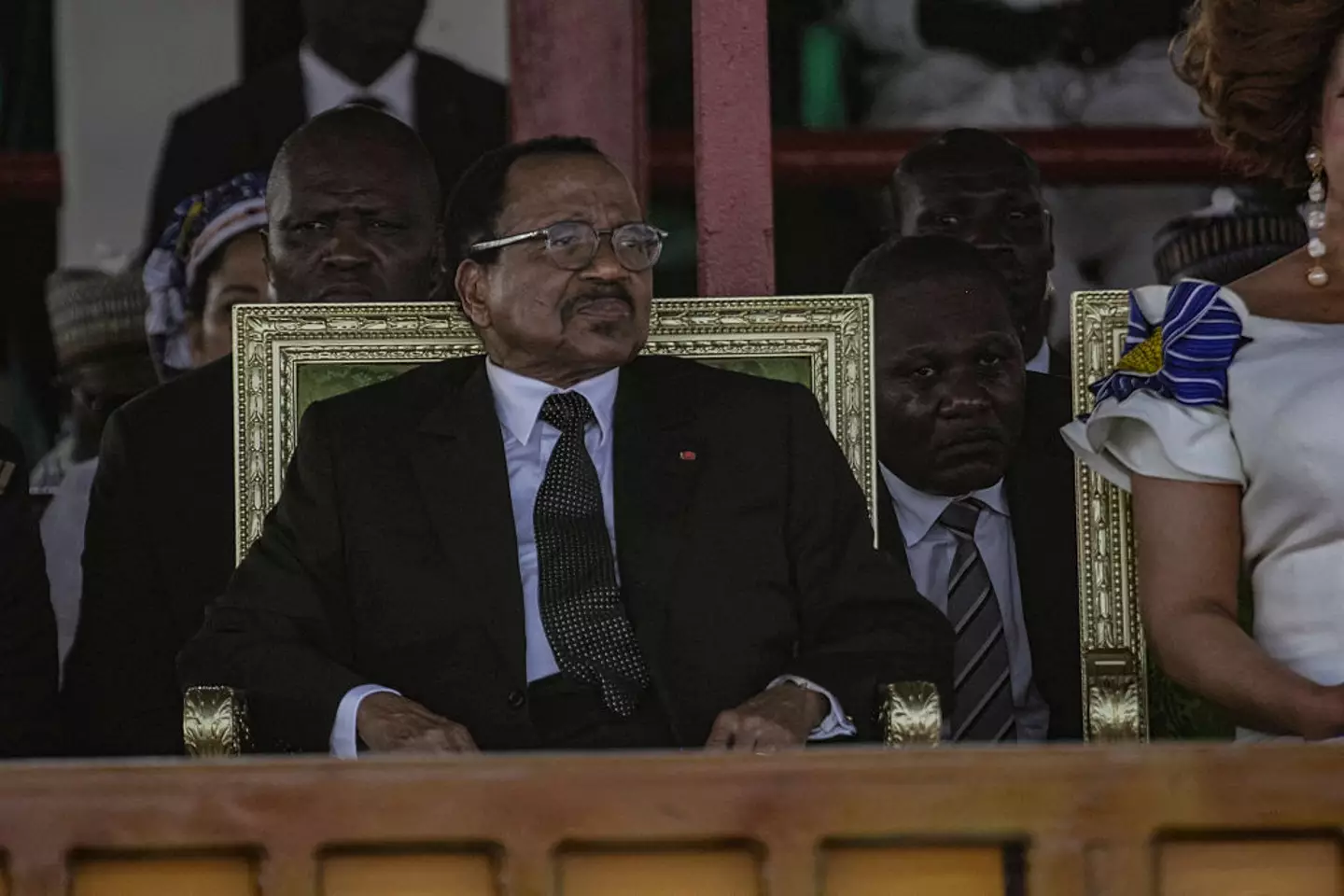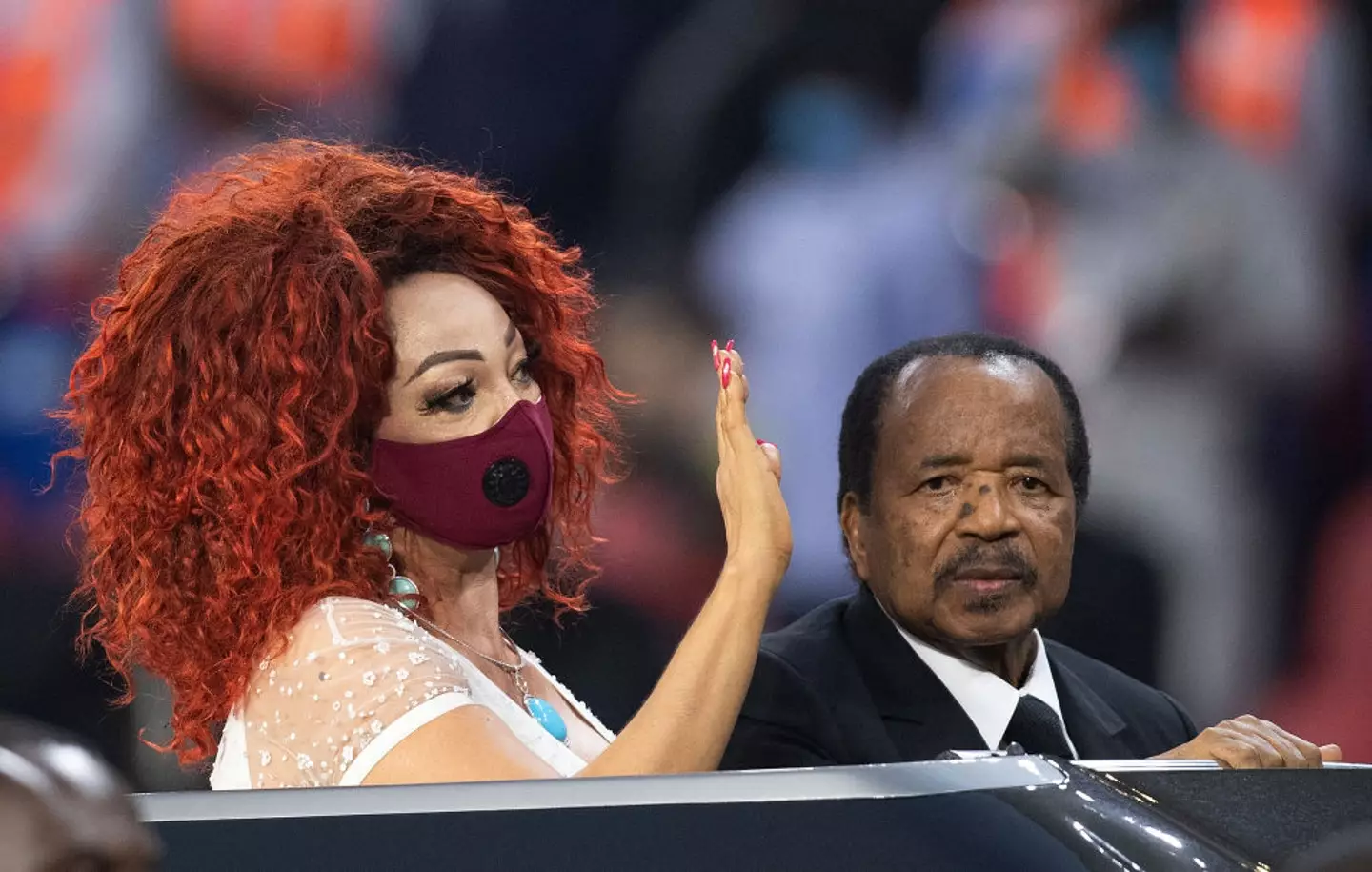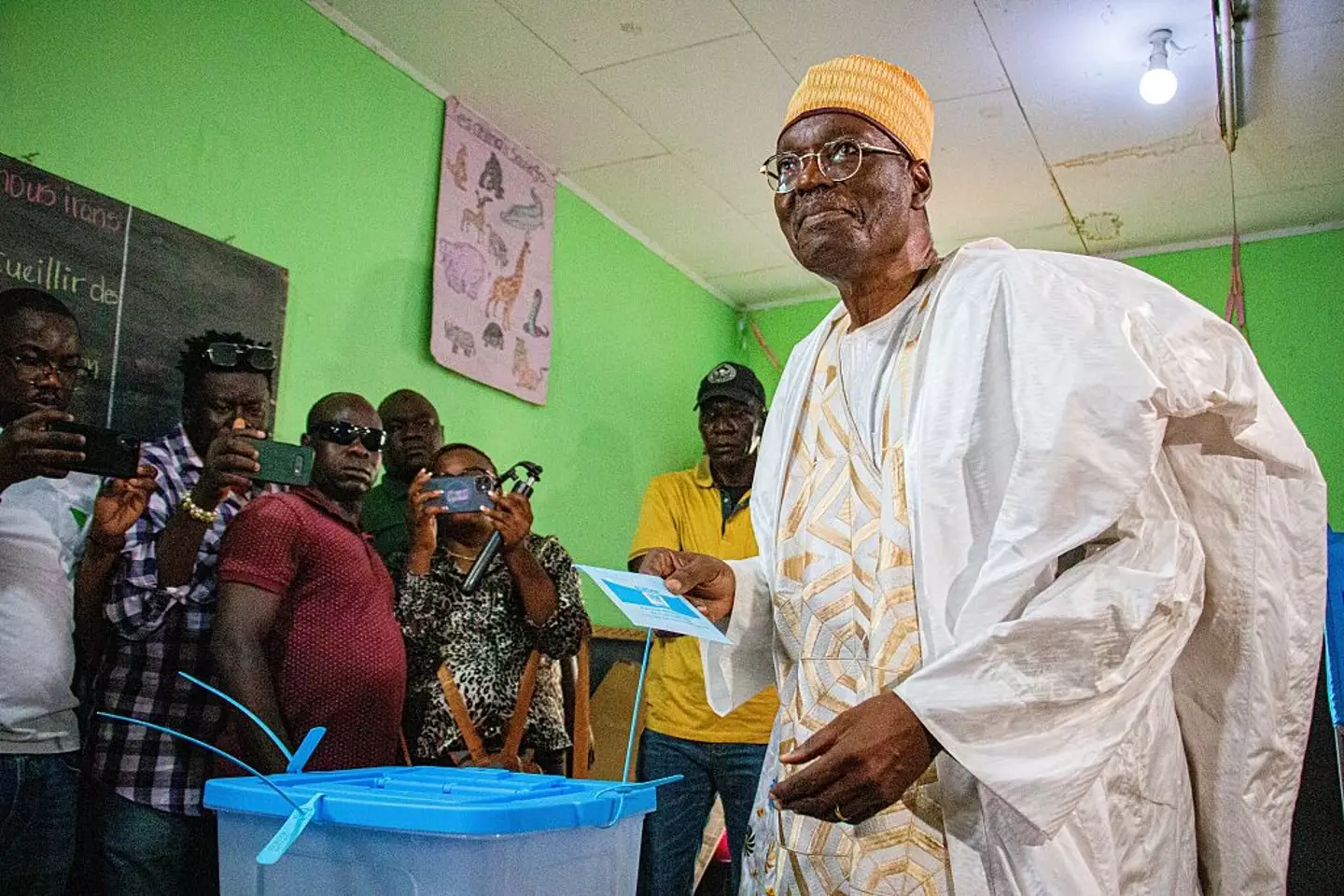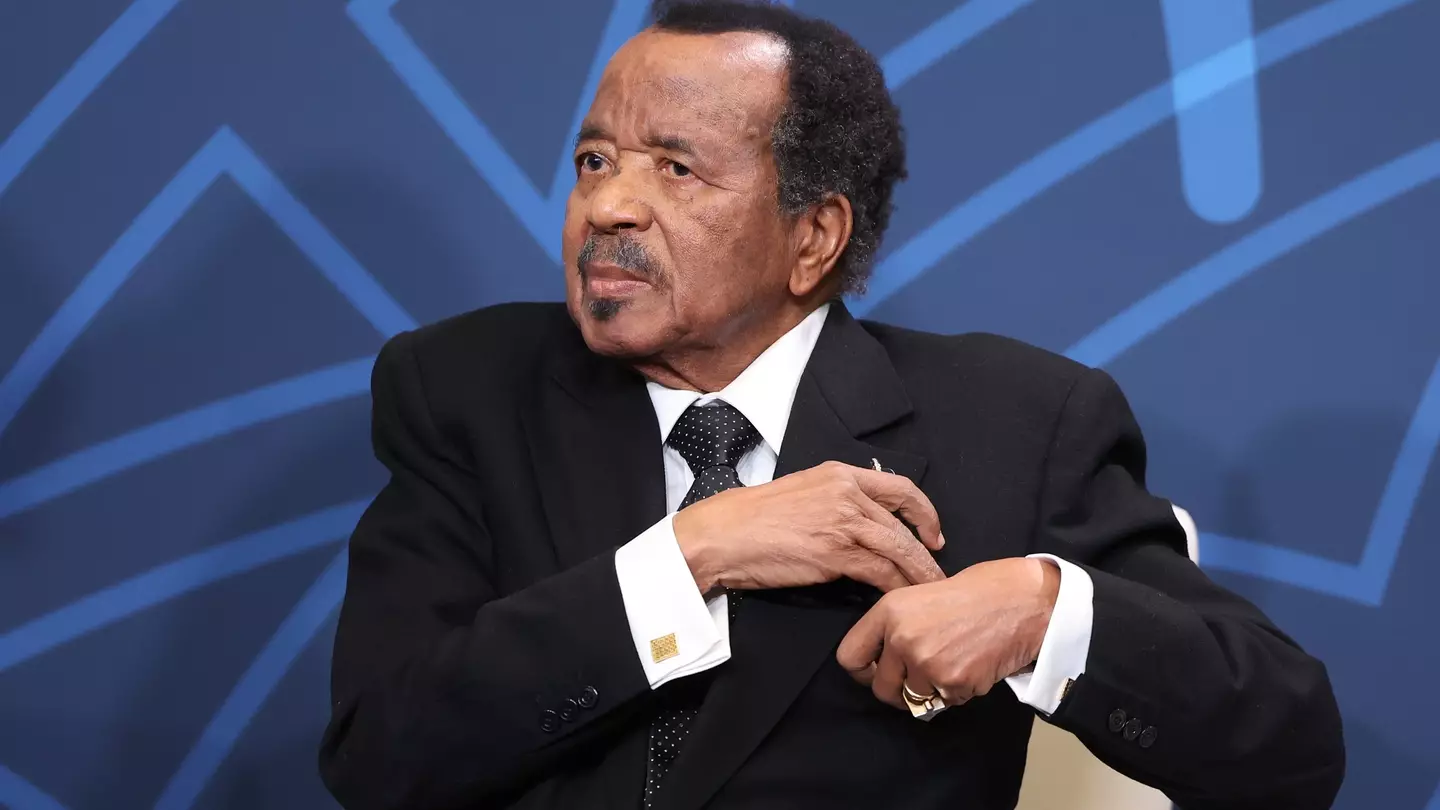The longest-serving president in history may be 99 by the time his term concludes, setting another unprecedented record.
Paul Biya, born on February 13, 1933, has held the position of Cameroon’s president since 1982, marking over four decades in power.
His long tenure not only places him among the longest-serving leaders globally but also among the oldest, as he celebrated his 92nd birthday this year.
The Guinness Book of World Records has recognized him as the ‘oldest president ever’ on record.
Biya became the country’s prime minister in 1975 and was inaugurated as president in November 1982.
He was re-elected as the only candidate in 1984 and once more in 1988.
Although opposition emerged later, his party, the Cameroonian People’s Democratic Movement (RDPC), has secured overwhelming majorities in elections since the 1990s.

Analysts anticipate that Biya will likely win again as the nation went to the polls on October 12, with the Constitutional Council expected to announce the results by October 26.
In the Central African country, citizens cast a single vote, and the candidate with the highest number of votes assumes control of the state.
If he is re-elected as predicted, Biya would extend his tenure by another seven years, reaching the age of 99 by the time the next election occurs.
Following the First World War, Cameroon was partitioned between France and the UK, gaining independence in 1960 and 1961, respectively, with Ahmadou Ahidjo as the first president.
After Ahidjo’s resignation, Biya took over and has since claimed victory in seven elections.
Despite his popularity, concerns might arise due to the 92-year-old’s age and health, as much of the governance is left to party officials and family members.

Although spending significant time in Europe, Biya dismisses calls for his resignation.
“Our candidate is in great shape … and he is capable of continuing what he has started,” Grégoire Owona, the labor minister and the ruling party’s secretary general, mentioned on French radio RFI last month.
However, Biya faces competition from 11 other candidates, including former government members and long-time allies like Bello Bouba Maigari, who served as minister for tourism and as Biya’s first prime minister in 1982, and Issa Tchiroma Bakary, formerly the minister of employment before defecting.
Political stagnation, unemployment, social unrest, conflicts, and the cost-of-living crisis could influence the election outcome, while opposition parties allege that the electoral commission, Elections Cameroon, is under the ruling party’s influence.

Maurice Kamto, seen as the most credible opposition figure, has been barred from running by the courts.
Nonetheless, Dr. Benjamin Akih, an activist and professor at Syracuse University, expressed optimism to the Associated Press, suggesting that Bakary could have a significant chance at winning.
“I think this election is different,” he stated. “Mr. Biya was the weakest candidate the CPDM could put forward on account of his age and the poor state of the country after his 43 years in power.”
Despite speculation, Biya asserts his commitment to leading once more.
“In the face of increasingly difficult international environment, the challenges facing us are more and more pressing,” he declared while announcing his candidacy. “In such a situation, I cannot shirk my mission.”

